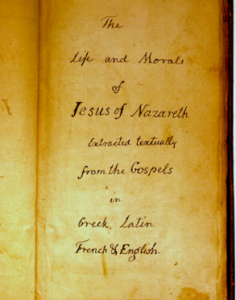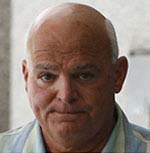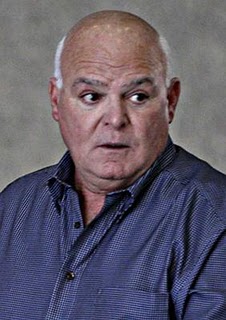Thomas Jefferson, however, may be the most fascinating founding father when it comes to his religious beliefs. Many books have been written on this subject, as Jefferson made no bones about his rejection of most of mainstream Christian teaching. His writing and moral philosophy reflected a mix of Episcopalian, Unitarian and Deist thought – all of which contain profound disagreements with the majority of dogmatic teaching found in modern fundamentalist Christianity.
He denied the divinity of Jesus, believed that Jesus’ followers (particularly Paul) altered his teachings in the New Testament so much as to render most of it useless, and dismissed the Book of Revelations as “merely the ravings of a maniac, no more worthy nor capable of explanation than the incoherences of our own nightly dreams.”

The opening page of one of the first copies of The Life and Morals of Jesus of Nazareth, also known as the Jefferson Bible.
Jefferson’s dislike of the state of the New Testament prompted him to go and fix it. By removing the parts he thought were the product of later tampering, he produced the Jefferson Bible. It contained the four gospels, from which Jefferson excised references to Jesus’ divinity, virgin birth and resurrection, as well as all instances of his miracles. What was left was Jesus’ teachings on morality, which Jefferson argued was the only important part.
He also rejected the concept of an eternal hell and the doctrine of Predestination. He, along with John Adams (once friends who later became bitter political rivals), shared a powerful hatred of the Calvinist branch of Protestantism.
Jefferson’s views were considered extreme, even in his time, and he often had to contend with critics who said he should not hold public office because he had no orthodox Christian beliefs, even going so far as to claim he did not believe in a God. Nevertheless, it was Jefferson’s work to assure religious freedom from state sponsorship and control and his eloquent writing to that effect that most like cemented the quintessential American tenet of “separation of church and state” that we enjoy even today.
He wrote the Virginia Statute for Religious Freedom in 1777, a document which would insure the separation of church and state. At the time the state of Virginia was financially supporting the Anglican Church and office holders in the state were required to take an oath that they rejected Roman Catholicism and its teaching of Transubstantiation. This statue reflected Jefferson’s later work on the Declaration of Independence and Madison’s (a fellow Virginian and proponent of Jefferson’s Statue for Religious Freedom) work on the Bill of Rights.
Jefferson considered his authorship of the Virginia Statute so important it is one of only three accomplishments noted on his tombstone.




1 Comment
Elect me President. All Organized Religions would be outlawed. There would be no more Democrats or Republicans. Federal Income tax would be abolished. 10% tax on all items purchaed would be the only tax impossed on Americans. All American troops abroad would be brought home immediately. All abortions would be legal up to 12 weeks after conception. All Drugs would be legalized and taxed like anything else. Gay Marriage would be allowed in every state. Anyone illegally in this country would be extradited immediately. All terrorists in this Country would be executed. Free ice cream every Sunday at Baskin Robbins would be mandatory.